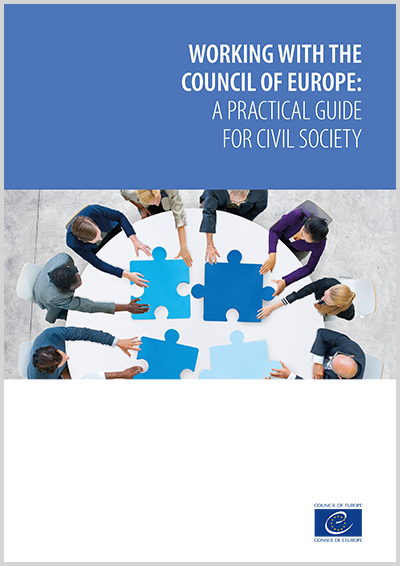Global Interdependence and Solidarity (North- South Centre)

The North-South Centre develops multilateral, regional, and interregional co-operation projects that include field activities around three main programmatic areas: global education, youth co-operation and female empowerment. The main mechanisms of intervention are advocacy, confidence-building, capacity building and awareness-raising, carried out through four main partners: governments, parliaments, regional and local authorities, and civil society.
The North-South Centre’s work to develop global education started in 1991 with regional seminars. This led to the drafting of the Global Education Charter in 1997. The North-South Centre continues to contribute to global education advocacy and pedagogical support through a number of initiatives at institutional and education levels and manages a good practice database featuring ground-breaking projects.
Since 2009 the North-South Centre has offered annual online training courses that cover three different dimensions of global education: human rights, intercultural dialogue, and democratic citizenship. Each course takes place twice a year and lasts for four weeks. This training is designed for formal and non-formal educators, policymakers and media professionals.
The North-South Prize is awarded each year since 1995 to two candidates who have stood out for their exceptional commitment to promoting North-South solidarity. The candidates, preferably a man and a woman, must have distinguished themselves in the following areas: protection of human rights, defence of pluralist democracy, and raising public awareness on issues of global interdependence and solidarity. Despite the variety of nationalities and fields of action of those that have received the prize since its creation, they all have in common a strong commitment to the promotion of North-South issues.
Civil society is especially relevant to the work of the North-South Centre, which takes its lead from experiences at grassroots level by empowering, supporting, and working hand in hand with NGOs, in particular with women and youth organisations.
The Youth Co-operation Programme provides training and capacity building for young people and youth organisations and facilitates their participation in decision-making. It is run in close co-operation with various youth led and youth serving organisations, the Council of Europe youth department, the European Commission, the European Union-Council of Europe youth partnership and other relevant institutions working in the youth field.
The Women’s Empowerment (WE) programme leads awareness raising, capacity building and networking activities to build effective regional co-operation between stakeholders and advances gender equality and women’s rights in Europe, the Middle East and Africa.



